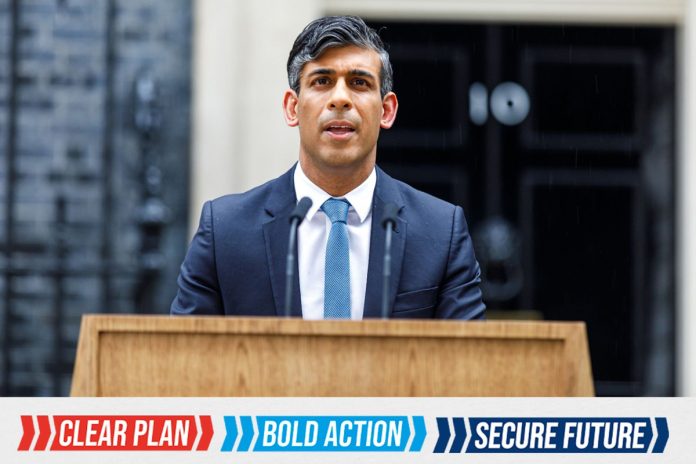New Delhi: UK Prime Minister Rishi Sunak has decided not to impose strict limits on graduate visas that allow international students to work in Britain for up to two years after graduation, The Guardian reported. This change of plan came after strong opposition from key cabinet members.
Sunak had been considering restrictions on the UK’s post-study visa, which lets graduates stay and work for up to two years after completing their degrees. However, he now plans to implement smaller changes to tighten the rules and prevent misuse of the immigration system.
One proposed measure is to impose stricter regulations on agents promoting UK degree courses abroad, with penalties for failing to deliver the promised quality of students. Additionally, international students seeking to stay in the UK with a graduate visa might be required to take English tests. Universities and colleges with high dropout rates could lose their permission to recruit international students.
An official announcement about these changes is expected alongside the Office for National Statistics’ quarterly net migration figures release on Thursday, which are anticipated to show high levels of migration.
India sends a large number of students to the UK annually, comprising over 40% of all graduate visas. Indian students and alumni have urged Mr. Sunak to maintain the graduate visa program. The National Indian Students and Alumni Union (NISAU) emphasized that this visa route is essential for attracting international students to the UK. They refuted the notion that these visas only lead to low-paying gig economy jobs, highlighting the opportunities for skilled employment and career growth.
Sanam Arora, chairperson of NISAU, told The Guardian that the best students will go “where the best offer is, and any worsening of the graduate route will make the UK’s offer significantly worse.” He noted that international students invest heavily in their UK education and aspire for a better future. “Some reduce the hard work of young people to ‘Deliveroo visas‘,” Arora added, stressing the importance of fair returns on their substantial investments in education, including gaining valuable work experience.
Sunak’s decision to step back from more extreme plans followed opposition from senior cabinet members such as Chancellor Jeremy Hunt, Foreign Secretary James Cleverly, Home Secretary Suella Braverman, and Education Secretary Gillian Keegan. They argued that strict limits on graduate visas would harm both UK universities and the overall economy.

